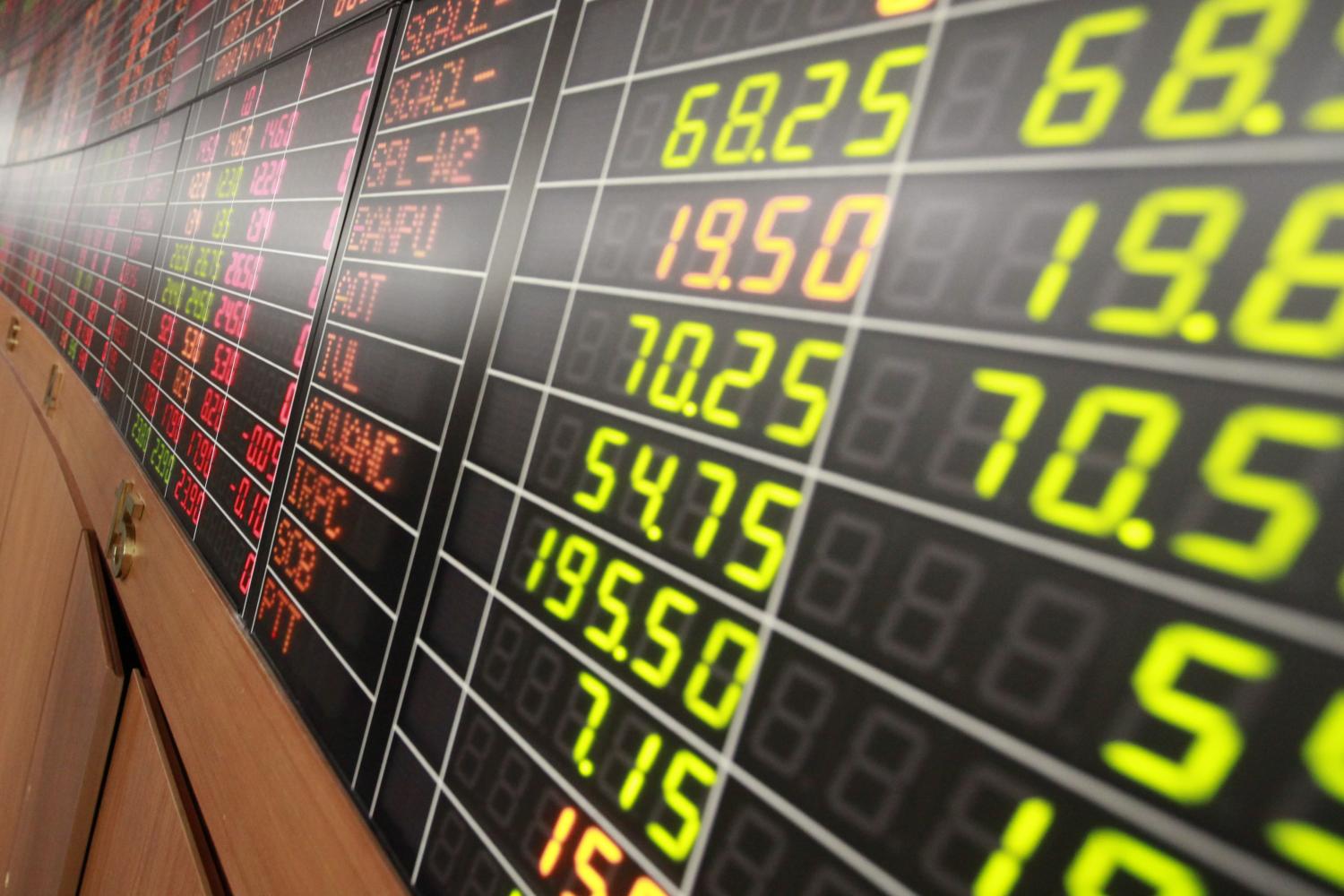
The investor confidence index (ICI) remained in the bullish zone last month, thanks to expected gains from China's reopening and a substantial growth in profit for Thai listed companies, says the Federation of Thai Capital Market Organizations (Fetco).
Fetco's ICI for December, which anticipates market conditions over the next three months, was 121.75, down 2.1% from the previous month but still bullish, said chairman Kobsak Pootrakool.
Investors attributed China's reopening, which benefits Thailand's tourism industry, for their optimism, while strong profit growth for Thai listed firms and the country's economic recovery were also factors.
However, international conflicts, the planned imposition of the financial transaction tax on securities trades on the Stock Exchange of Thailand (SET), as well as inflation were the factors that negatively affected confidence, said Mr Kobsak.
A reading higher than 120 indicates the market is bullish.
The confidence of retail and foreign investors was also in the bullish zone, while sentiment for proprietary and institutional investors was neutral.
According to the ICI, the most attractive sector is commerce, while the least attractive sector to investors is steel and metal products.
The most influential factor driving the Thai stock market is the tourism recovery, while the biggest impediment is international conflicts, he said.
"In December the SET Index stayed above 1,600 points throughout the month, thanks to support from the local tourism recovery and business returning to normal during the last month of the year," he said.
"China's reopening plan helped boost the tourism sector and exports, while the Federal Reserve signalled an easing of monetary policy."
Investor confidence was bruised by the ongoing Russia-Ukraine war and the Thai government's taxation plan for securities trades on the stock market, said Mr Kobsak.
At the end of December the SET finished at 1,668.66 points, up 2% from the previous month, with foreign investors net buyers of 12.8 billion baht for the month and 197 billion baht for the full year.
He said external factors to monitor included global recession risks, China's reopening, the Russia-Ukraine war and Europe's energy crisis.
Local factors to watch include listed companies' earnings, the effect of the global economic slowdown on Thailand's exports, and the government's economic stimulus policy.
The upcoming general election may cause public investment to slow down during the transition, while the rising number of tourists could put Thailand on alert for Covid-19 infections, Mr Kobsak said.







